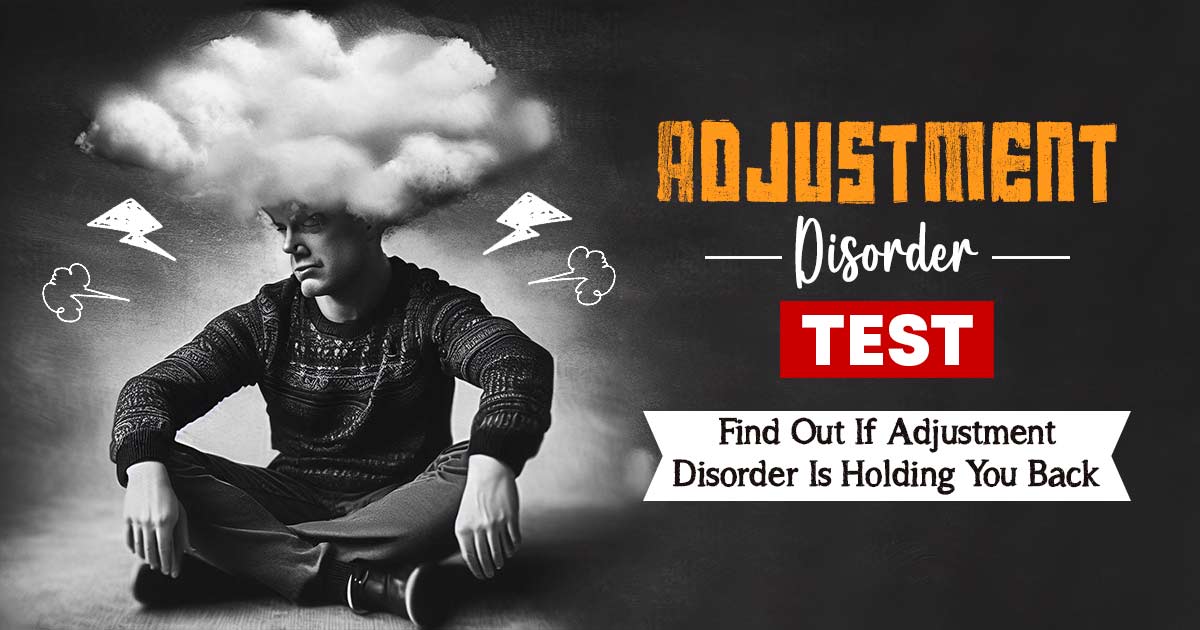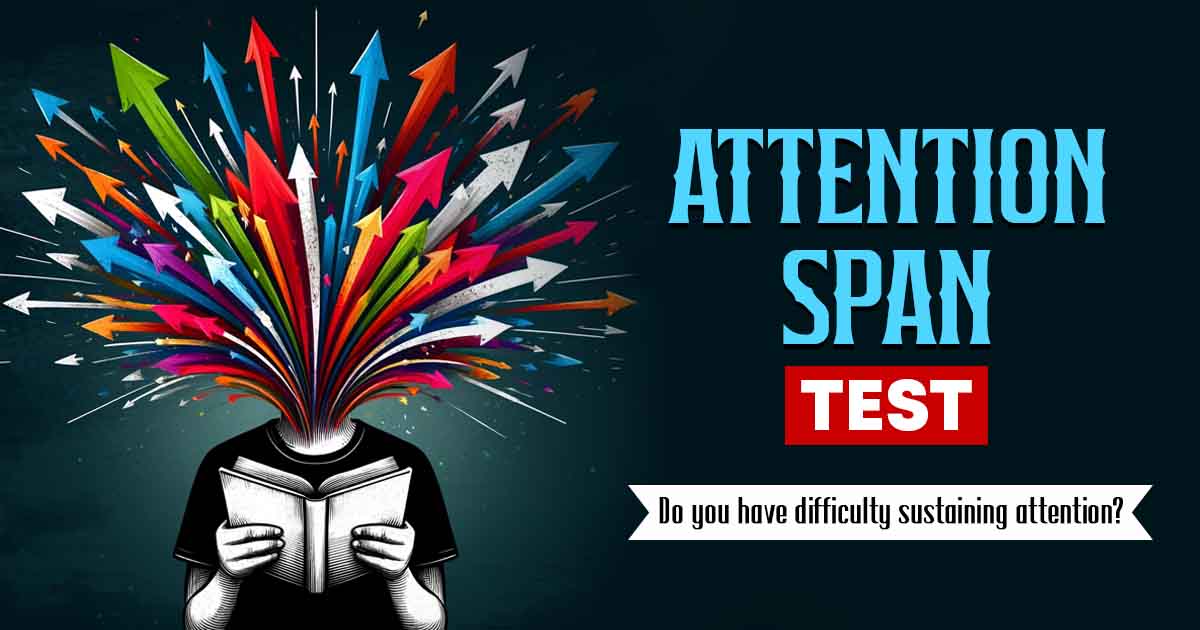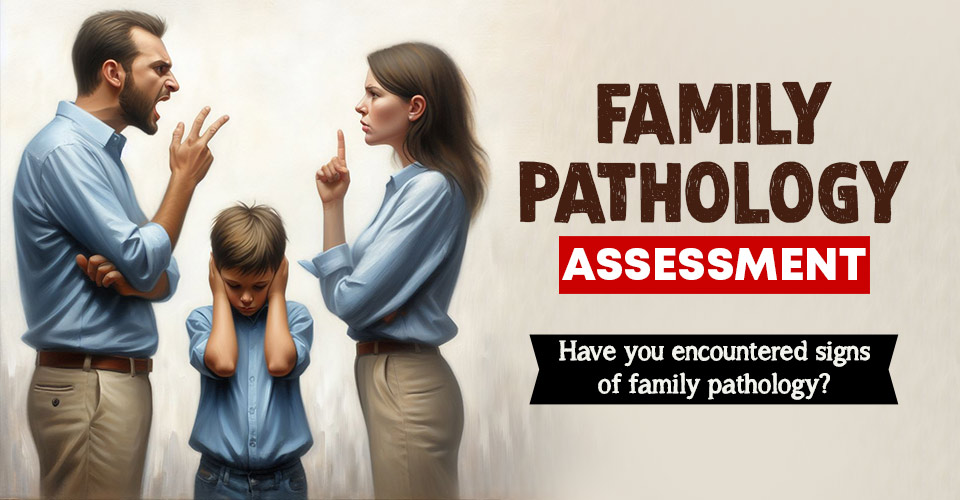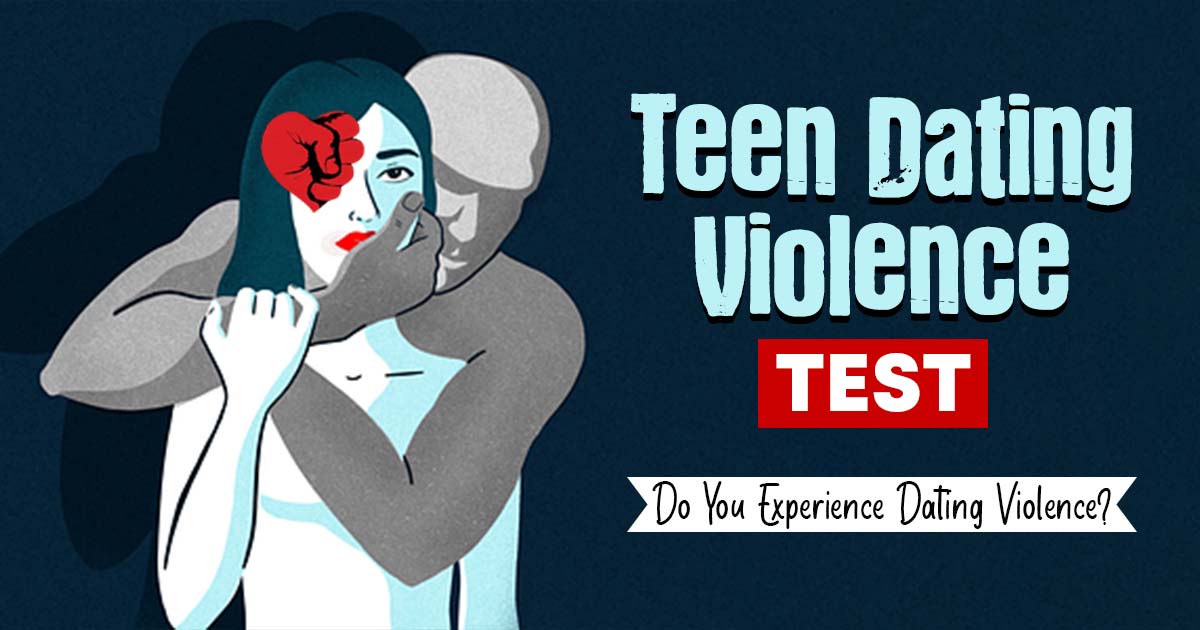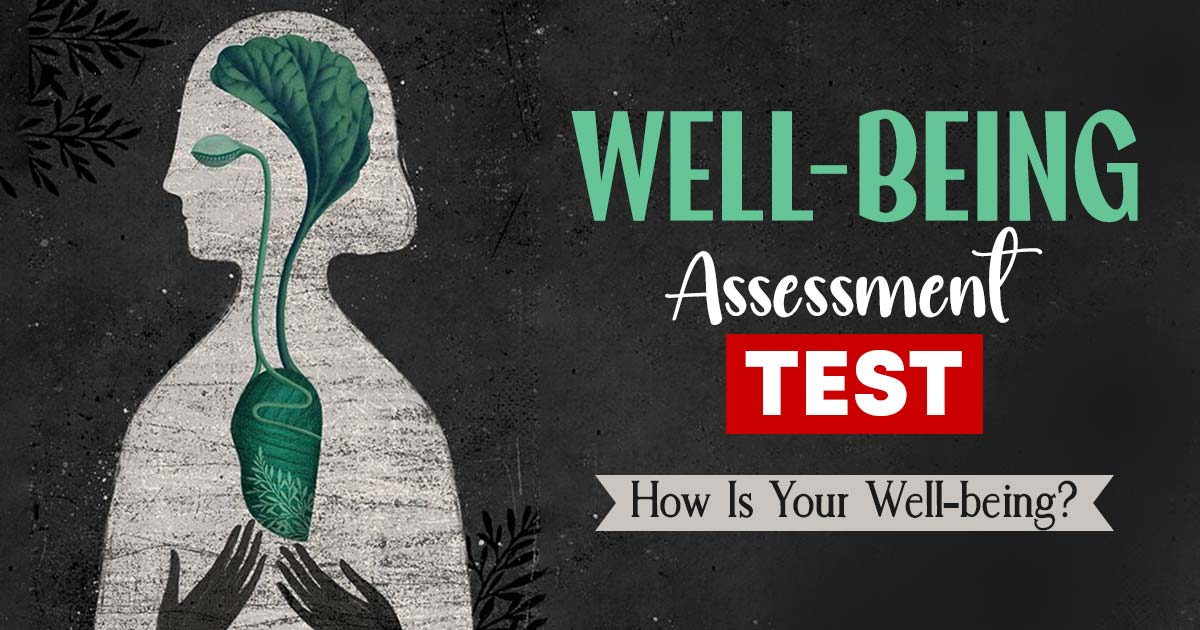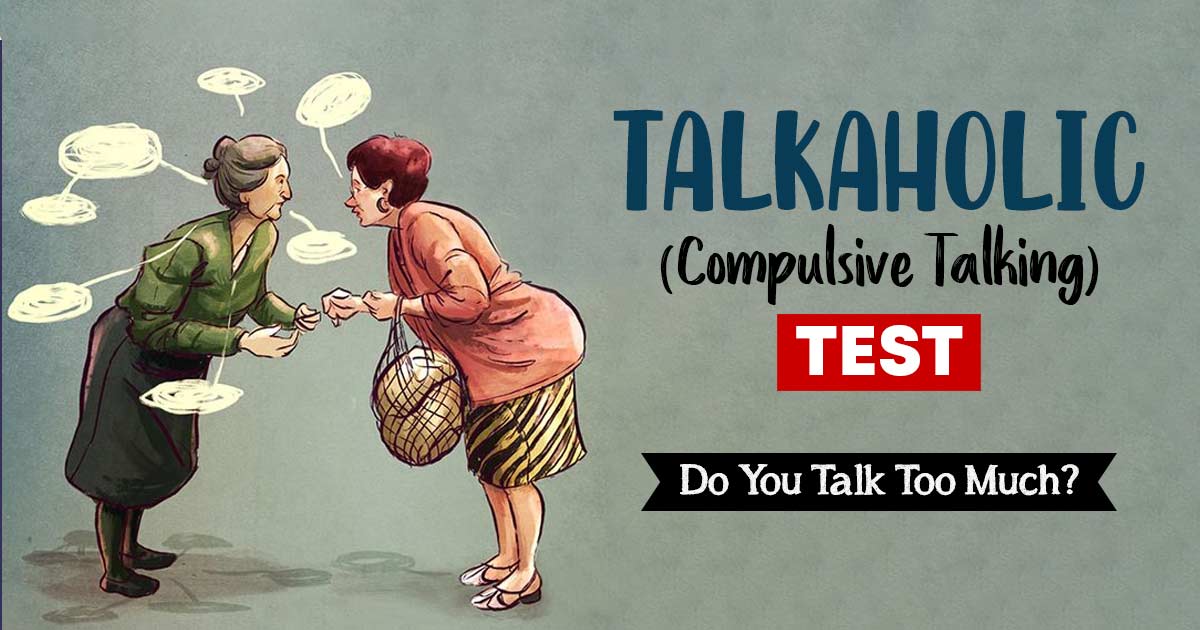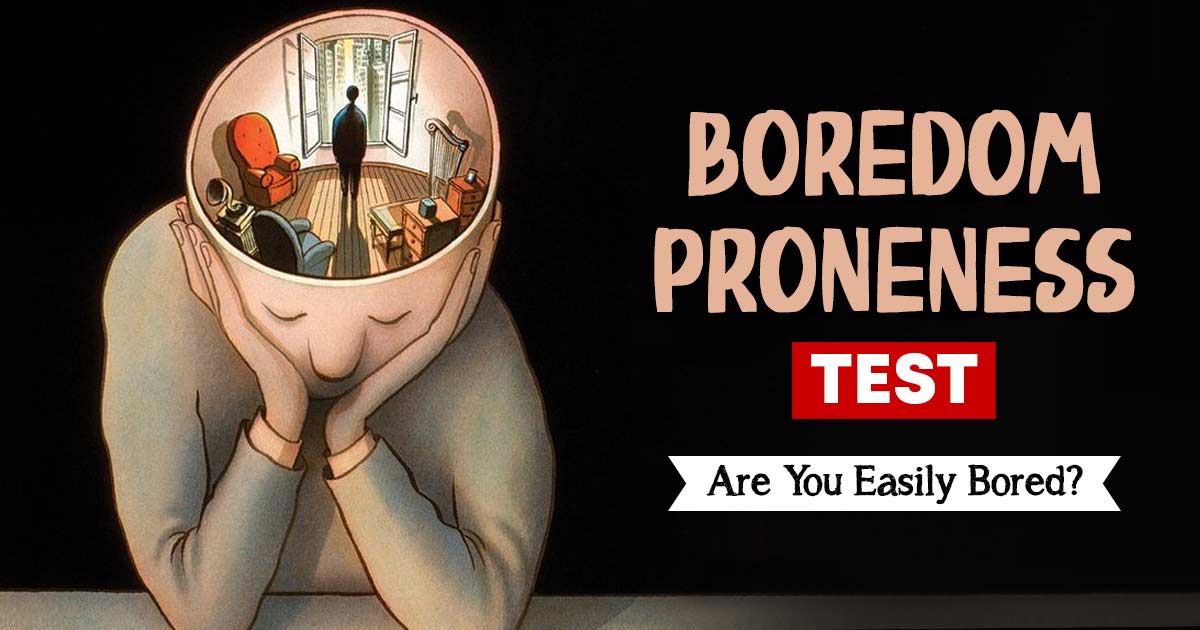Are you going through any stressful situations? Unable to manage the challenges of your life? Do you have disturbed sleep and appetite? Do you feel anxious/afraid/sad anticipating the consequences of your current stressful situation? Take this adjustment disorder test to find out whether you have signs of Adjustment Disorder.
What is Adjustment Disorder?
Adjustment disorder, also known as Stress Response Syndrome, is a mental health condition that is associated with adjusting to a particular source of stress that negatively impairs an individual’s social, occupational, personal, and other areas of functioning.
The disorder is also called “Situational Depression”, because many symptoms of depression are found to be common in Adjustment Disorder. This include-
- Feelings of helplessness,
- Loss of interest in work or other activities,
- Sleeping disturbances, heart palpitations,
- Impulsive or rebellious activities,
- Difficulties in concentration,
- Suicidal thoughts,
- Alcohol or drug abuse etc.
Adjustment Disorder is about to affect both adults and children male-females. These symptoms generally begin within 3 months of any stressful event and rarely last for longer than 6 months after the event or situation has ended.
Read More About Adjustment Disorder Here
Instructions For Taking Adjustment Disorder Test
Below is a list of questions that relate to life experiences common among people with signs of Adjustment Disorder. Please read each question carefully, and select the answers that suggest how often you have experienced the same or similar challenges in the past few months.
Please note: This adjustment disorder test is a self-assessment and not a diagnostic test.
Assessment Summary
0 of 15 Questions completed
Questions:
Information
You have already completed the assessment before. Hence you can not start it again.
Assessment is loading…
You must sign in or sign up to start the assessment.
You must first complete the following:
Results
Results
Your time:
Time has elapsed
You have reached 0 of 0 point(s), (0)
Earned Point(s): 0 of 0, (0)
0 Essay(s) Pending (Possible Point(s): 0)
Categories
- Mental Health Assessment 0%
-
No Signs Of Adjustment Disorder
Your score indicates that you have no significant signs of Adjustment Disorder. From your scores, it has been revealed that you can manage your challenging situations well, and can cope with your emotion, thoughts, and behavior in an adjustable manner. Your scores also indicate that you do not have any such physical symptoms as palpitation, restlessness, trembling sensation, or stomachache caused by any stressful events. Your response seems that you are well-managed and adjusted to your daily life.
However, it should be noted that this is just a basic screening tool and not meant for proper medical diagnosis. If you think the results do not accurately represent your thoughts and feelings, then we would encourage you to consult a mental health professional for accurate diagnosis and treatment.
Want to learn more?
Treatment of Adjustment Disorder mainly involves psychotherapy, where the therapist helps an individual with some coping skills so that the person learns how to restore the balance between thoughts, emotions, and behavior and better adjust to the stressful situation. However, acknowledging your mental health signs and seeking help and support can lead you to change your situation. If you want to know how to seek help for yourself or help someone who you suspect to have signs of Adjustment Disorder, talk to our psychologists to better understand what you can do to recover from it. Disclaimer: Symptoms of Adjustment Disorder generally begin within 3 months of any stressful event and rarely last for longer than 6 months after the event or situation has ended.
You can use our Mood Tracker to stay mindful of your mood every day, identify your innermost thoughts & emotions on a daily basis. It will aid you in doing all those things you love, while limiting activities that might dampen your mood.
-
Low Signs Of Adjustment Disorder
Your score indicates that you have low significant signs of Adjustment Disorder. You might be going through a tough situation, which slightly creates difficulty in your lifestyle. From your scores, it has been revealed that you might be having a few signs such as difficulties in smoothly managing your work and personal activities, difficulties in concentration, disturbances in sleep, appetite in a few cases. You might also show a low mood, and negativity considering the future consequences of your stressful situation. But these symptoms do not impair your social, occupational, and other areas of functioning daily.
However, it should be noted that this is just a basic screening tool and not meant for proper medical diagnosis. If you think the results do not accurately represent your thoughts and feelings, then we would encourage you to consult a mental health professional for accurate diagnosis and treatment.
Want to learn more?
Treatment of Adjustment Disorder mainly involves psychotherapy, where the therapist helps an individual with some coping skills so that the person learns how to restore the balance between thoughts, emotions, and behavior and better adjust to the stressful situation. However, acknowledging your mental health signs and seeking help and support can lead you to change your situation. If you want to know how to seek help for yourself or help someone who you suspect to have signs of Adjustment Disorder, talk to our psychologists to better understand what you can do to recover from it. Disclaimer: Symptoms of Adjustment Disorder generally begin within 3 months of any stressful event and rarely last for longer than 6 months after the event or situation has ended.
You can use our Mood Tracker to stay mindful of your mood every day, identify your innermost thoughts & emotions on a daily basis. It will aid you in doing all those things you love, while limiting activities that might dampen your mood.
-
Moderate Signs Of Adjustment Disorder
Your score indicates that you have moderate significant signs of Adjustment Disorder. You might be going through a stressful situation, which is creating difficulties in your lifestyle in some cases. From your scores, it has been revealed that you might be having some signs of adjustment disorder such as difficulties in managing your work and personal activities, difficulties in concentration, disturbances in sleep, appetite, stomachache, trembling sensation, and dizziness in some cases. You might also show a low mood, anger outbursts, and negativities considering the future consequences of your stressful situation. These symptoms might cause an inability to take care of yourself and your family and might also impair your social, occupational, and other areas of functioning in some cases of daily life.
However, it should be noted that this is just a basic screening tool and not meant for proper medical diagnosis. If you think the results do not accurately represent your thoughts and feelings, then we would encourage you to consult a mental health professional for accurate diagnosis and treatment.
Want to learn more?
Treatment of Adjustment Disorder mainly involves psychotherapy, where the therapist helps an individual with some coping skills so that the person learns how to restore the balance between thoughts, emotions, and behavior and better adjust to the stressful situation. However, acknowledging your mental health signs and seeking help and support can lead you to change your situation. If you want to know how to seek help for yourself or help someone who you suspect to have signs of Adjustment Disorder, talk to our psychologists to better understand what you can do to recover from it. Disclaimer: Symptoms of Adjustment Disorder generally begin within 3 months of any stressful event and rarely last for longer than 6 months after the event or situation has ended.
You can use our Mood Tracker to stay mindful of your mood every day, identify your innermost thoughts & emotions on a daily basis. It will aid you in doing all those things you love, while limiting activities that might dampen your mood.
-
Severe Signs Of Adjustment Disorder
Your score indicates that you have severe significant signs of Adjustment Disorder. Your response shows that you seem to be going through a very stressful situation, which is creating many difficulties in your lifestyle. From your scores, it has been revealed that you seemed to have strong signs of adjustment disorder such as difficulties in managing your work and personal activities, difficulties in concentration and relaxing, disturbances in sleep, appetite, stomachache, trembling sensation, and dizziness in many cases. You might also show a low mood, anger outbursts, and negativities considering the future consequences of your stressful situation. These symptoms seem to cause an inability to take care of yourself and your family and also seem to impair your social, occupational, and other areas of functioning in many cases of daily life.
However, it should be noted that this is just a basic screening tool and not meant for proper medical diagnosis. If you think the results do not accurately represent your thoughts and feelings, then we would encourage you to consult a mental health professional for accurate diagnosis and treatment.
Want to learn more?
Treatment of Adjustment Disorder mainly involves psychotherapy, where the therapist helps an individual with some coping skills so that the person learns how to restore the balance between thoughts, emotions, and behavior and better adjust to the stressful situation. However, acknowledging your mental health signs and seeking help and support can lead you to change your situation. If you want to know how to seek help for yourself or help someone who you suspect to have signs of Adjustment Disorder, talk to our psychologists to better understand what you can do to recover from it. Disclaimer: Symptoms of Adjustment Disorder generally begin within 3 months of any stressful event and rarely last for longer than 6 months after the event or situation has ended.
You can use our Mood Tracker to stay mindful of your mood every day, identify your innermost thoughts & emotions on a daily basis. It will aid you in doing all those things you love, while limiting activities that might dampen your mood.
- 1
- 2
- 3
- 4
- 5
- 6
- 7
- 8
- 9
- 10
- 11
- 12
- 13
- 14
- 15
- Current
- Review
- Answered
- Correct
- Incorrect
-
Question 1 of 15
1. Question
Do you tend to get worried managing a stressful condition?
-
Question 2 of 15
2. Question
Do you find difficulties to adapt with your daily challenges in life?
-
Question 3 of 15
3. Question
Do you feel inabilities to stop your memories of stressful situations?
-
Question 4 of 15
4. Question
Do you revolve around the same thought over time?
-
Question 5 of 15
5. Question
Do you feel difficulty relaxing during stressful events?
-
Question 6 of 15
6. Question
Can your manage your stress keeping a control of your disturbed thought and anger?
-
Question 7 of 15
7. Question
Do you feel the physical symptoms (such as irritability, headache/stomachache, shortness of breathing, palpitation, shaking, and dizziness) during handling a stressful situation?
-
Question 8 of 15
8. Question
Do your sleep and appetite get affected during a stressful situation?
-
Question 9 of 15
9. Question
Do you feel afraid of predicting your future consequences regarding a stressful condition?
-
Question 10 of 15
10. Question
Do you lose your temper and shows anger outburst during stressful conditions?
-
Question 11 of 15
11. Question
Do you lack interest even in pleasurable activities during a stressful situation?
-
Question 12 of 15
12. Question
Do you feel that your life is going to get end due to your stressful situation?
-
Question 13 of 15
13. Question
Do you feel the need to escape from your stressful situation?
-
Question 14 of 15
14. Question
Do you feel inabilities to take care of yourself/your family members during managing a difficult condition?
-
Question 15 of 15
15. Question
Are you able to accept the changes happening in your life?

